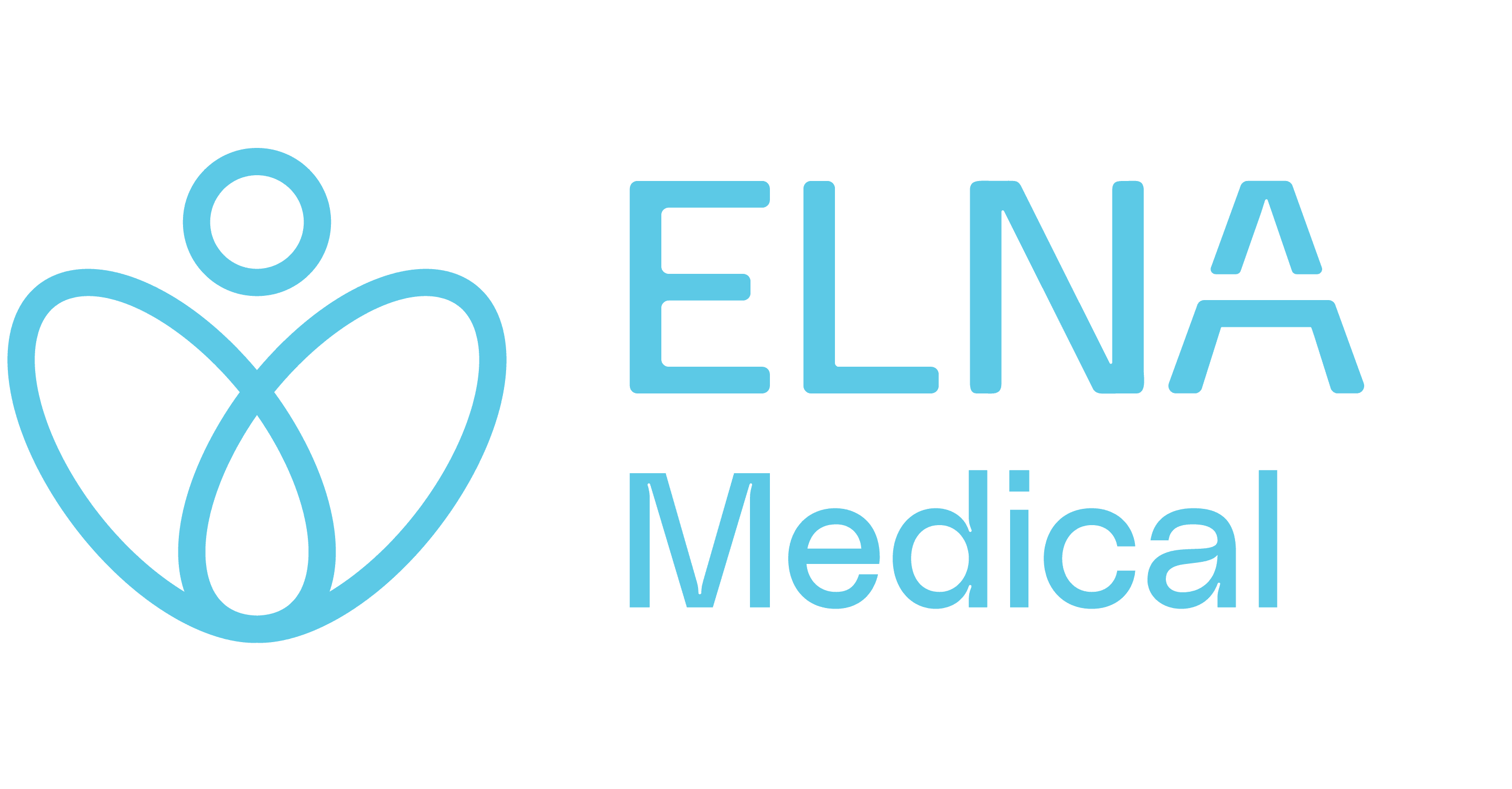Attention deficit disorder with or without hyperactivity (ADD or ADHD) affects between 5% and 8% of children. ADHD can affect different aspects of their lives, whether that be personal, school, family or at a social level, which is why it’s so important to detect it. In this article, find out what the symptoms are and what solutions you can put in place to better live with it. To get more details about ADHD, consult a doctor.
For more information on ADHD in children, please seek the advice of ELNA’s healthcare professionals.
What is ADHD?
Attention Deficit Disorder with or without Hyperactivity (ADD or ADHD) is a common neurological problem caused by abnormalities in brain development and function. The disorder can be hereditary, the result of environmental factors (tobacco, alcohol, pesticides or or solvent exposure during pregnancy, for example) or caused by other physiological reasons.
What are the signs of ADHD in children?
Children with ADD or ADHD often display inattention, impulsivity and/or hyperactivity. Symptoms are mainly detected between the ages of 6 and 9, when the child starts school.
Main symptoms of hyperactivity:
- Fidgety, can’t sit still
- Runs and climbs everywhere
- Talks a lot
Main symptoms of impulsivity:
- Cuts off, answers before end of question
- Imposes presence or ideas
- Has difficulty waiting their turn
Main symptoms of inattention:
- Lack of concentration, easily distracted
- Disorganized, difficulty completing projects
- Lack of attention, forgetfulness and carelessness
- Doesn’t notice details
Symptoms of hyperactivity and impulsivity are more frequent in boys, while those of inattention are more frequent in girls. As the brain matures during adolescence, the disorder tends to diminish or even disappear. It’s also important to note that these symptoms are not specific to ADHD and can be found in other conditions.

How is attention deficit disorder diagnosed?
It’s advisable to consult a health professional (doctor or nurse) as soon as symptoms become a problem in your child’s life, such as learning difficulties at school, anxiety or relationship issues. If this is the case, it is advisable to make an appointment with a doctor.
A teacher may also recommend screening. However, it’s up to your doctor to make the diagnosis. The health professional will answer all your questions and may suggest different types of tests for your child:
- Attention tests
- Psychological tests
- Neuropsychological tests
- Assessment based on the child’s behavior
How is ADHD treated in children?
There is no miracle cure for ADHD, but many treatments help to reduce the symptoms and consequences of this condition:
- Stimulant medications: They stimulate dopamine production to reduce symptoms of hyperactivity and impulsivity and improve attention.
- Non-stimulant medications: Used when stimulants are ineffective or poorly tolerated by the child.
- Psychological and behavioral therapies: Child psychologists, Occupational Therapists, and Specialized ADHD behavioural coaches can help you develop adaptive strategies to help your child live better with his or her disorder at home and at school (implementation of adapted rules and routines). This type of therapy aims to develop skills in organization, time management and impulse control.
- Neurofeedback: This neuropsychological treatment has been used for ADHD for over 30 years. It helps patients regulate their brain activity to increase attention span, reduce impulsivity and improve learning.
Recommended treatments depend on the severity of symptoms and your child’s age. Only a healthcare professional qualified in ADHD can make a diagnosis and suggest the best treatment.
Screening and treatment for ADHD in Montreal
Pediatricians and family doctors are the best people to ask about your child’s ADHD. They will ask you all the questions you need to understand the situation, suggest a suitable test and then, depending on the diagnosis, a suitable treatment and strategy. Don’t hesitate to consult one of ELNA’s healthcare professionals in Montreal for more information!
Neurotherapy Montreal mental health clinic: The clinic offers a neuropsychological assessment (brain test) for a full diagnosis and neurofeedback treatment if required. The first consultation is free of charge. Book an appointment.
ELNA Pediatrics – Decarie Square and Dollard-des-Ormeaux: Dr. Harriet Greenstone has extensive expertise in child and adolescent psychology. She can assess your child to make a precise diagnosis and offer you appropriate follow-up. Book an appointment.
PrivaMED – Brossard and Boucherville: PrivaMED offers ADHD screening for children, and refers you to a psychologist if necessary. Service available by teleconsultation, covered by certain private insurance. Book an appointment.















